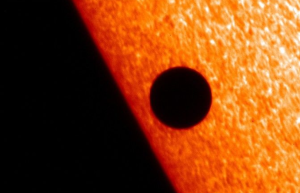A new study spearheaded by a Tokyo Medical and Dental University researcher has revealed the mechanism behind hair loss. In the study, the results reveal that when the stem cells in hair follicles become damaged by age, they turn themselves into skin instead of hair. As time goes on, this process becomes more frequent, causing hair follicles to shrink and eventually disappear.
Unlike standard stem cells such as those found in the blood or intestinal lining, hair follicle stem cells regenerate on a cyclical basis - after their active growth phase, they go through a dormant phase where they stop producing hair. This unique growth cycle makes hair follicle stem cells in particular a novel model for revealing the secrets behind stem cell regulation and hair loss.
"Previously, people knew that when we age, the hair becomes thinner," said Cheng-Ming Chuong, a biologist who was not involved in the work. However, at the cellular and molecular level, "there's not enough understanding."
Emi Nishimura, who headed the study, examined the hair follicle stem cell growth cycles in mice and found that DNA damage stemming from aging was the switch that triggered the destruction of the Collagen 17A1 protein. This process is what triggers the transformation of stem cells into epidermal keratinocycles, which are stem cells that are easily removed from the skin's surface.
"When damaged cells deplete that niche of Collagen 17A1, they alter their own signaling environment," said Maksim Plikus, a biologist who was also not involved in the study.
Nishimura followed up the initial findings by examining hair follicles from the scalps of women aged 22 to 70, revealing that the follicles in the subjects over the age of 55 were smaller and possessed lower Collagen 17A1 levels.
"We assume that ... aging processes and mechanisms [similar to those in the mice] explain the human age-associated hair thinning and hair loss," Nishimura said in a press release.
The results could help scientists use Collagen 17A1 for hair loss treatments, although there are likely numerous other biological processes behind hair loss as well.
The findings were published in the Feb. 5 issue of Science.
© 2025 HNGN, All rights reserved. Do not reproduce without permission.








